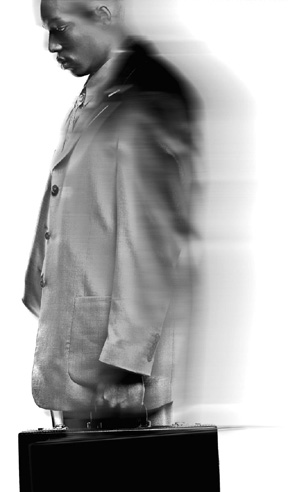
I'm off to an intentional retreat with good friends, faithful colleagues, and shared partners in ministry.
God has given me two gifts as the journey begins.
As we got to the airport to prepare for our departure, I realized that there were two people on the flight who, many years ago, maliciously and falsely claimed lies about me that they wanted to use as a framework for disabling and disempowering my work in ministry! Through a period of a few years, I endured some close scrutiny from those who believed the lies and were confused by the subterfuge of those who sought to cause me ill, and am thankful to report that the integrity of my total life experience triumphed over the vitriol of these persons hate.
It is so nice to be authentically who I am - and to live a life committed to the truth of God's work in the world. I have committed myself to study and service in the Kingdom of God - and seeing those who had willed to cause me harm was a reminder of the wonderful sense of extended Sabbath that God has granted to my life. This is the kind of Sabbath that has, indeed, "released the bond" - Isaiah. My life is characterized by wonderful, freeing Sabbath - from enemies of my past who I pray God's grace will transform, and who I hope God's love can reach!
God gave me a gift in seeing these people who had willed to be my enemies - by reminding me of all the deep goodness, wholeness and solitude that God has brought into my life in the face of my enemies. I thank God for the many gifts of so many things, I was reminded of in these few moments.
After our airplane landed at the airport hub for our layover - en route to our retreat - I discovered that one of the friends of my life had a conversation with the very persons who had tried to cause me harm in the past. Those persons shared with my friend that they were "sorry" that he was my friend! What a tragedy for them to view life in the midst of their continued attempts to cause harm. But, as they went their way, my friend shared this story with me. I shared with my friend how unfortunate it is that people have to live their life in the framework of hate and attempts to hurt others.
And then, God gave me the 2nd Gift. I looked down at my watch to orient myself to the time-zone in preparation for catching our next flight. My watch was showing the time - but not correctly. In fact, it seems a weakened battery caused my watch to completely reset - reading a date of "January 1st" - set to a Monday default - and a time that was completely wrong. A gift!
In some ways, the weakened battery caused just what I needed - I needed my "clock" to be reset as I head off to Sabbath. I needed to not be "on the clock" and not be concerned about the "hour" of the day - or the day of the week - but the moments of Sabbath that I get with my friends.
I've left my watch on my wrist - with its incorrect time - for the remainder of our days together.
It serves as a reminder to me now - that my "battery" needs to be "recharged.
It serves as a reminder to me now that I'm "off the clock" in these days - and I've been "reset" to the start of a new thing (like the New Year of January 1st) - and I truly receive these moments as Gifts of God in my life - right now.
The gift of a life lived with integrity. Thank you God.
The gift of my "clock" being reset - as this Sabbath experience re-orients my life.
Grateful.
I am truly, truly grateful.
~ marty alan michelson

